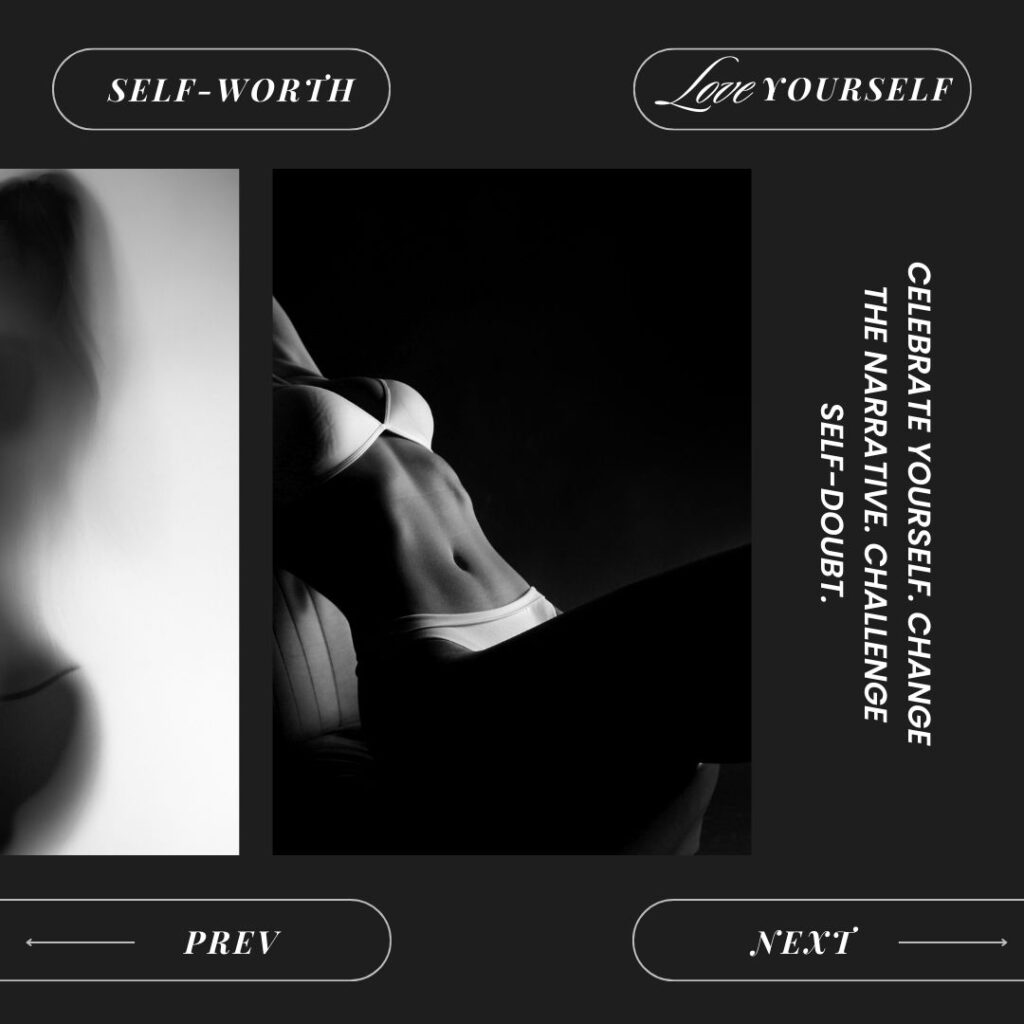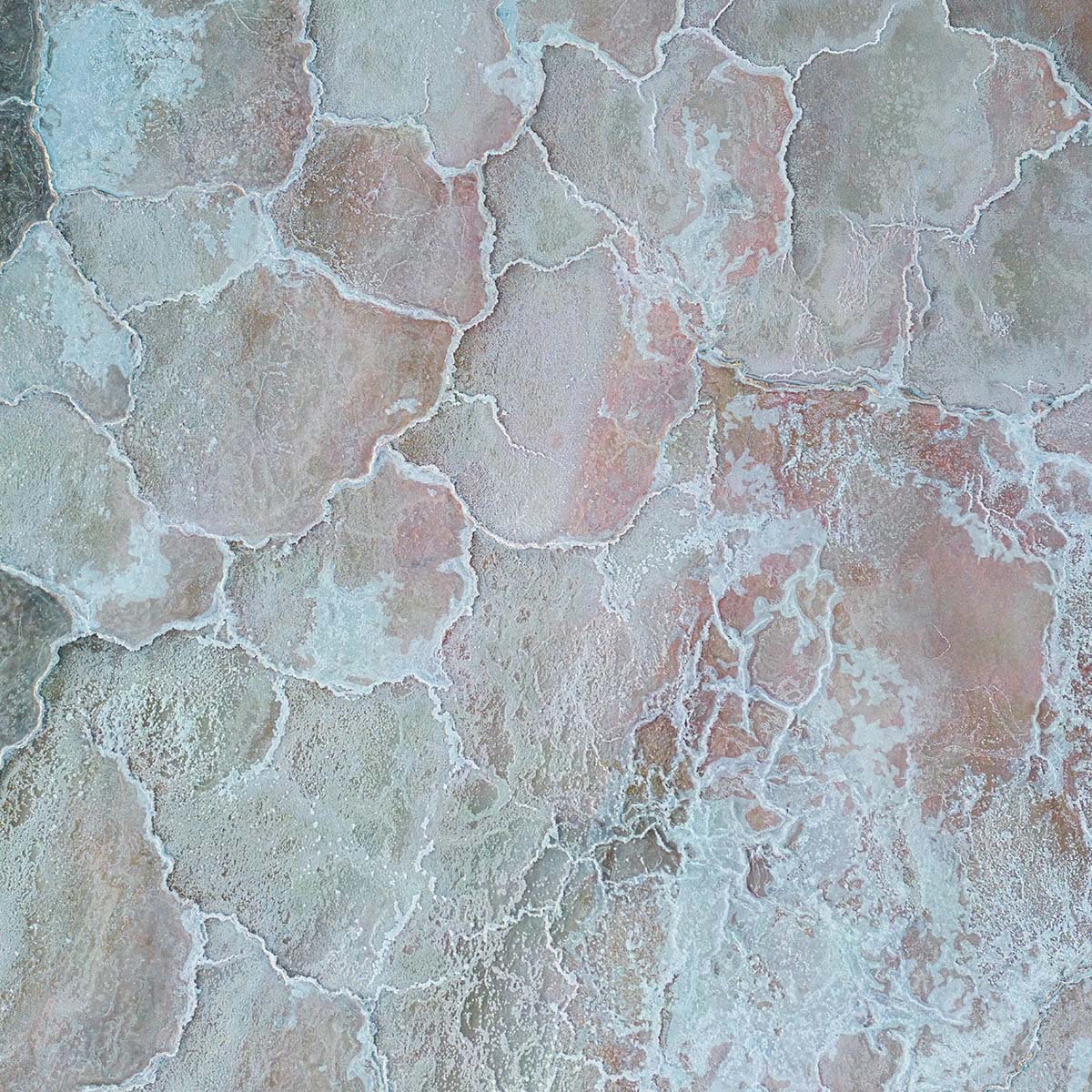Self-love is the appreciation and acceptance of oneself that grows from actions that support our physical, psychological, and spiritual growth. It’s a state of appreciation for oneself that is developed through practices that lead to significant and mature self-awareness, self-respect, and self-care. Self-love is fundamental to living well; it influences who you pick for a mate, the image you project at work, how you cope with the problems in your life, and how you care for yourself.
Key Components of Self-Love Include:
- Self-Acceptance: Embracing all facets of yourself—the good and the not-so-good. It involves acknowledging your weaknesses and embracing your strengths without judgment.
- Self-Care: Taking care of your well-being and happiness. This includes not just physical care but also emotional, mental, and spiritual well-being.
- Self-Compassion: Being kind and understanding toward yourself in instances of pain or failure rather than being harshly self-critical. It involves recognizing that imperfection is part of the human experience.
- Self-Respect: Holding yourself in high regard and not allowing yourself to be mistreated or settling for less than you deserve. This includes setting boundaries and recognizing your worth.
- Self-Awareness: Knowing your desires, needs, likes, dislikes, and everything in between. Self-awareness allows you to understand yourself better and leads to more authentic choices.
- Self-Confidence: Believing in your own abilities and going after what you want without letting self-doubt hold you back. It’s about trusting your capacity to handle life’s challenges.
- Self-Forgiveness: Letting go of guilt and resentment toward yourself for past mistakes. It involves understanding that making mistakes is a part of learning and growing.
Cultivating self-love is not a one-time event but a continuous journey of growth and self-discovery. It requires regular practice and commitment to nurturing oneself, making choices that align with one’s true needs, and sometimes, it means making hard decisions to protect one’s well-being. Engaging in activities that foster self-love—such as spending time in nature, pursuing hobbies, practicing mindfulness, setting healthy boundaries, and seeking supportive relationships—can significantly enhance one’s quality of life and overall happiness.
Gates Related to Self-love and Acceptance
Self-love issues in Human Design can be explored through various gates, particularly those connected to the centers that deal with identity, value, and emotional well-being. These gates, when activated in your chart, can highlight areas where you might face challenges or learn important lessons related to self-love and acceptance. Here’s a look at some of the gates that might reveal self-love issues:
Gate 10: Behavior of the Self (Gate of Love)
- Location: G Center (Identity Center)
- Theme: This gate is deeply connected to self-love, identity, and living true to oneself. Challenges here can manifest as issues with self-esteem and not acting in alignment with one’s true nature.
Gate 22: Grace
- Location: Emotional Solar Plexus
- Theme: Openness, social interactions, and emotional grace under pressure. When imbalanced, it may lead to feelings of unworthiness or a struggle to accept one’s emotional processes and sensitivities.
Gate 25: The Spirit of the Self
- Location: G Center (Identity Center)
- Theme: Universal love and the expression of unconditional love and spirit. Challenges with this gate can reflect difficulties in connecting with a sense of inner love and compassion towards oneself.
Gate 34: Power
- Location: Sacral Center
- Theme: Power and the ability to do work. While not directly related to self-love, imbalances can lead to misusing one’s energy in ways that don’t serve self-respect and love.
Gate 40: Aloneness
- Location: Heart/Ego Center
- Theme: The need for aloneness, rest, and asserting one’s will in terms of personal boundaries. Issues here can point to challenges with self-care and setting healthy boundaries, which are essential components of self-love.
Gate 41: Decrease
- Location: Root Center
- Theme: This gate is about the recognition that sometimes less is more and that sacrifice can lead to greater fulfillment. Challenges might include difficulty in letting go of what doesn’t serve you, which is crucial for self-love and respect.
Gate 51: Shock
- Location: Heart/Ego Center
- Theme: The ability to be awakened through shock and the drive to overcome challenges. While focused on transformation, challenges here might involve self-love in the context of resilience and finding the courage to love oneself through change.
These gates, particularly when they form significant channels or are prominently featured in your chart, can indicate areas where you might find lessons or challenges related to self-love. Understanding how these gates function in your life can offer insights into overcoming these challenges. It’s important to remember that the presence of these gates doesn’t doom you to struggle with self-love issues; rather, it indicates areas where you have the opportunity to grow and learn to embrace yourself more fully.
Reflecting on how these themes show up in your life can help you identify areas for self-improvement and increased self-acceptance. Engaging with practices that affirm your worth, such as affirmations, journaling, and therapy, can support this process. Additionally, considering the entirety of your Human Design chart, including your Type, Strategy, and Authority, can provide a holistic approach to cultivating self-love and living in alignment with your true nature.
Deconditioning & Self-love
Deconditioning low self-love in the context of Human Design involves a journey back to your authentic self, shedding the layers of conditioning that have led you to view yourself through a lens of judgment or inadequacy. Here’s a structured approach to begin this process, embracing the principles of Human Design to foster greater self-love:
Deep Dive into Your Human Design
- Understand Your Chart: Start by getting a comprehensive understanding of your Human Design chart. Pay special attention to your Type, Strategy, Authority, Profile, and the definition of your Centers. This foundational knowledge will help you see where you might be living out of alignment with your true nature.
- Identify Areas of Conditioning: Pay particular attention to your Open (undefined) Centers, as these are areas where you are most susceptible to taking in and amplifying the energy of others. This can often lead to internalizing beliefs and values that are not your own, affecting self-love.
Embrace Your Strategy and Authority
- Live Your Strategy: Each Type (Manifestor, Generator, Manifesting Generator, Projector, and Reflector) has a Strategy that guides how to best interact with the world. Aligning with your Strategy can lead to a more harmonious existence, reducing frustration, bitterness, anger, and disappointment, which often stem from not living true to your nature.
- Honor Your Authority: Making decisions based on your Authority ensures that they are correct for you, fostering self-trust and, consequently, self-love. Whether it’s emotional, sacral, splenic, ego, self-projected, environmental, or lunar Authority, let it guide your decisions.
Work on Your Open Centers
- Embrace the Lessons: Instead of seeing your Open Centers as vulnerabilities, view them as opportunities for wisdom. Practice discernment in distinguishing between what feelings and beliefs are truly yours and what you’ve absorbed from others.
- Protect Your Energy: Learn practical ways to shield yourself from overwhelming or negative energies. Techniques can include grounding, setting energetic boundaries, or simply being mindful of the environments you choose to be in.
Practice Self-Acceptance and Compassion
- Accept Your Unique Design: Celebrate the uniqueness of your design, including your quirks and idiosyncrasies. Recognize that your path is yours alone, and comparing it to others’ is counterproductive.
- Cultivate Self-Compassion: Be gentle with yourself during this process. Deconditioning is not an overnight journey. Use affirmations, journaling, or meditation to reinforce positive self-talk and compassion.
Engage in Reflective Practices
- Journaling: Keep a journal to reflect on your experiences, how you’ve applied your Strategy and Authority, and moments where you recognized conditioning at play. This can help you track your progress and deepen your self-understanding.
- Meditation and Mindfulness: Practices that encourage presence can help you become more aware of your conditioning and the ways in which it influences your self-perception and decisions.
Seek Community and Guidance
- Join a Human Design Community: Connecting with others who are also exploring Human Design can provide support, insights, and encouragement on your journey.
- Consider Professional Guidance: A Human Design coach or reader can offer personalized insights and strategies to navigate your deconditioning process more effectively.
Deconditioning low self-love is about returning to your essence, honoring your design, and making peace with who you are at your core. This process encourages not just acceptance of your unique design but a celebration of it, fostering a deep and abiding sense of self-love.






